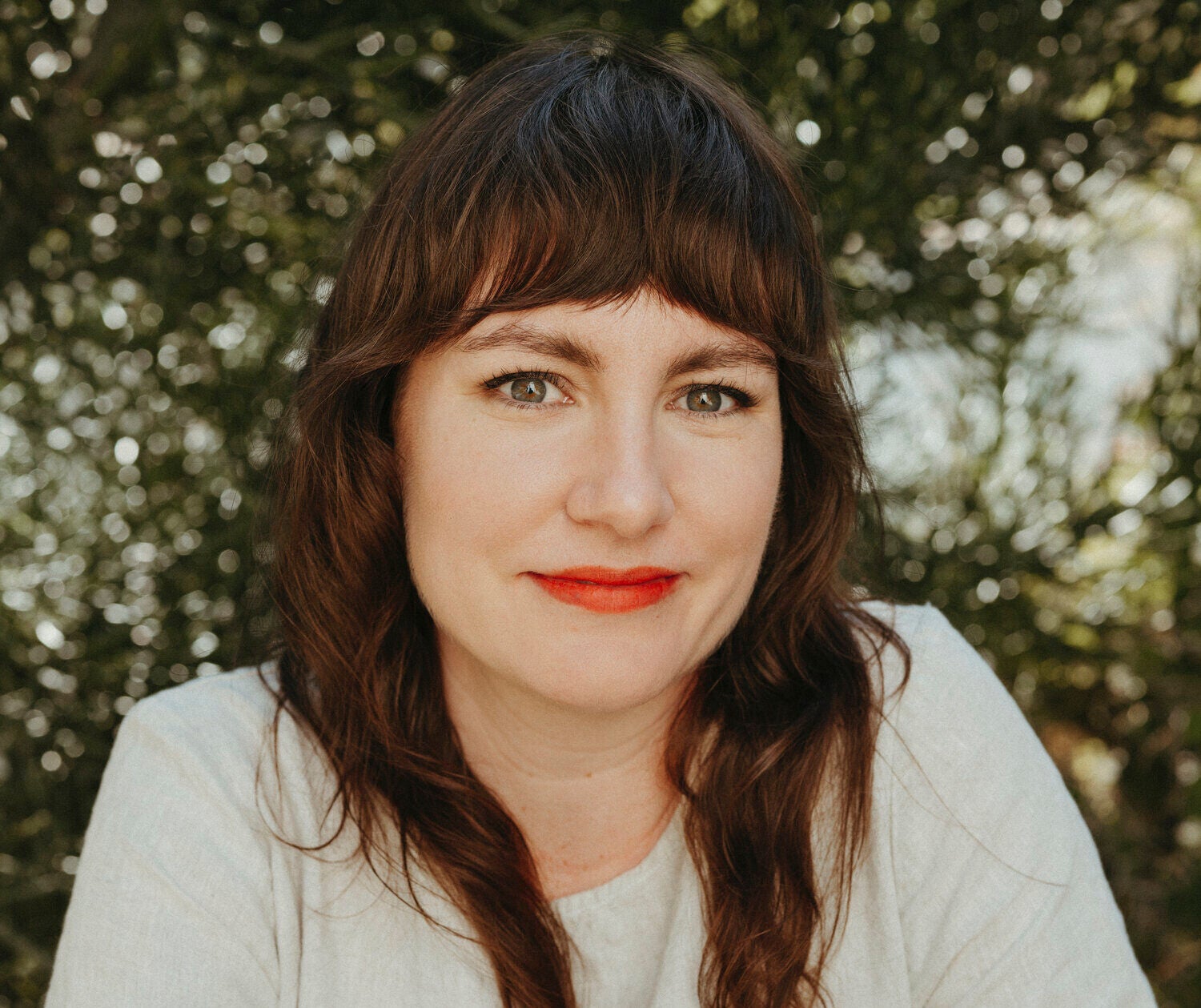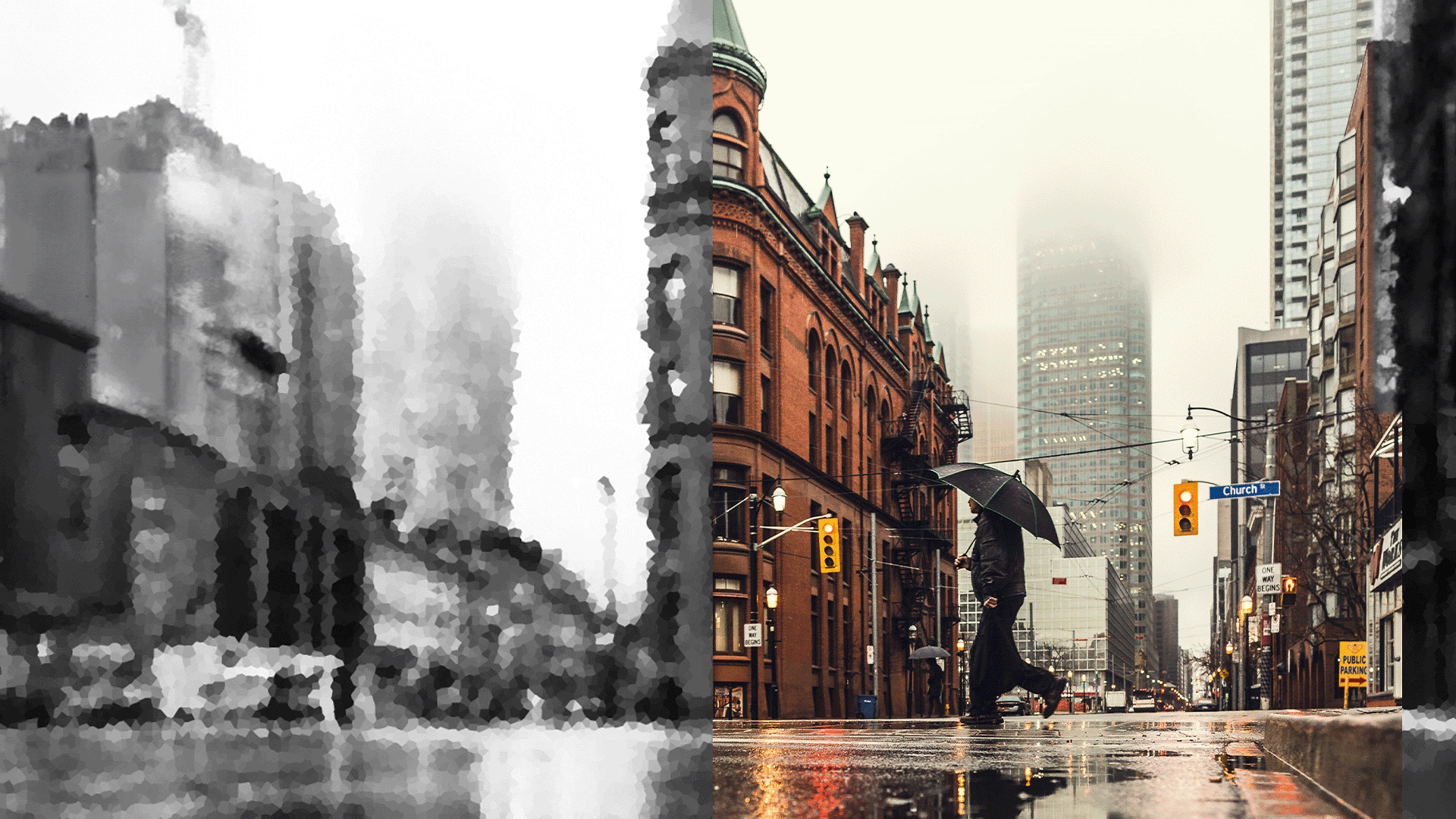It was poet Carl Sandburg who first called Chicago “the city of broad shoulders” 100 years ago, painting the city as a gritty Midwestern metropolis teeming with hard working immigrants.
Composer David Nagler has celebrated that iconic image of the city by setting Sandburg’s work to music, featuring a roster of musical heavy hitters. As part of an extended interview, Nagler broke down what Sandburg’s poems meant personally, as well as what it took to adapt specific poems to music.
“Mag”
“That was the one where I read it, and at the time I was listening to a lot of Randy Newman records, and the character in that poem seemed like a character from a Randy Newman song.”
Stay informed on the latest news
Sign up for WPR’s email newsletter.
“Lost”
“It seemed very much like a kind of atmospheric lyric that I could set to music. It didn’t have to be a very long song or anything, but I could sort of use that one (to set a tone) … Once I had those two, the really challenging lyrics happened. Like ‘oh, ‘Chicago,’ how am I going to set that to music?’”
“Chicago”
“I didn’t start with the intro. I decided to put that on the back burner, and I started with the section that goes ‘they tell me you were wicked, and I believe them.’ That’s a very conversational, sort of talking lyric, almost half-sung, half-spoken. That’s the way I ended up approaching any other poems like that …
I plowed ahead from there, got to the end of the poem and song, and later went back knowing I needed to do something anthemic for the ‘hog butcher for the world’ part …
That was where that idea of a bed of strings and a trumpet came from, and then the vocal comes in and sings to the melody. That was how that happened — though I did put off the anthemic part for a bit.”
“Child of the Romans”
“There’s a poem and eventual song on the album called ‘Child of the Romans.’ There’s this great Chicago singer/songwriter Daniel Knox, who I’d played a show with in New York around 2010. His stuff is just so amazing, he’s just such a great performer and writer. I had him in mind as I was writing, so much so that I could say he was a direct influence on the song. And so as I came up with the idea to record it, and I was thinking ‘wouldn’t it be great if I could get him to sing it?’ And then I wondered, why stop with him? Who else is available? I made a list of mostly friends, Chicago singers and songwriters and musicians who I made me think ‘man, it would be so great to hear them on the record.’”
“Theme in Yellow”
“It was actually via Kelly Hogan that I ended up recording some of the Chicago guests at Wilco’s studio in Chicago. It was sort of after that Chicago experience, where I recorded everyone, that was when the momentum went into play to see if Jeff (Tweedy) was available to sing it. Because as I was making that list, that song just seemed so well-suited for him.
In the harvest poems collection — and it’s interesting that this anthology is called harvest poems — there are several poems within the poems we took from the Chicago poems that talk about the harvest moon, the moon, the autumnal sort of feeling to them. That seemed to be something that Sandburg was really taken by at the time.
‘Theme in Yellow’ took a long time to finish, actually, just because I didn’t know exactly where I wanted to go with it. It’s interesting that you mention the jack-o-lantern element, because for a while it was going to be in a minor key, maybe a little bit of a scary song. I tried it though, and it didn’t work.
Wilco is a great band, Jeff has a lot of fans, and he just did an amazing job with it. The second he sent over the vocal for me to listen to, and I heard the first word, I immediately flipped out. It was perfect. It’s what you always dream about, and then happens, and is even more amazing.”
“Happiness”
“That was conceived in two parts. It was one of the early ones I had written, but I definitely wanted the first part to be upbeat. It was a sort of hardcore song in the initial way I had imagined it, with a sort of punk, slightly Balkan feel to it. And then I wanted the second part to be a bit more grand. He mentions having an accordion within the poem, and so I thought there should probably be an accordion as well. So (the final track) is very much as I always imagined it: a song in two parts, where one fades out and another fades in from there, so much so that up to the point that we mixed the record, it was always two separate tracks that I just had to put together in mastering.
At the time that he wrote this, Sandburg was a journalist. He would interview basically all sorts of people, on different assignments all throughout the city and on the outskirts as well. And so this was something that to him was just a basic truth: You can have all the money and power in the world, but that doesn’t really mean that much in the scheme of things. What you need is family and good times and freedom and happiness.”
To listen to the full interview with David Nagler, TTBOOK’S website or subscribe to the podcast.




